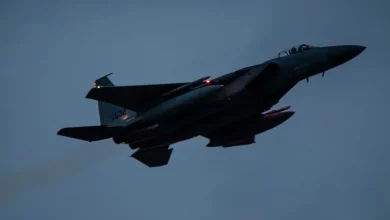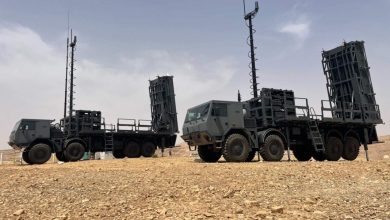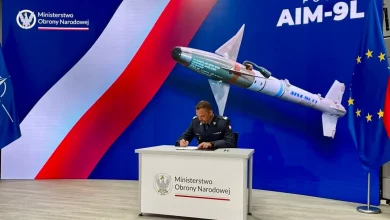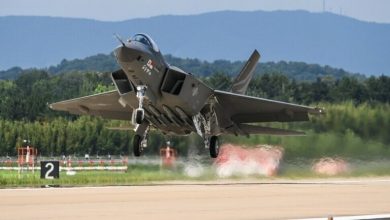Report: Japan, US, S. Korea agree to enhance N. Korean missile info sharing
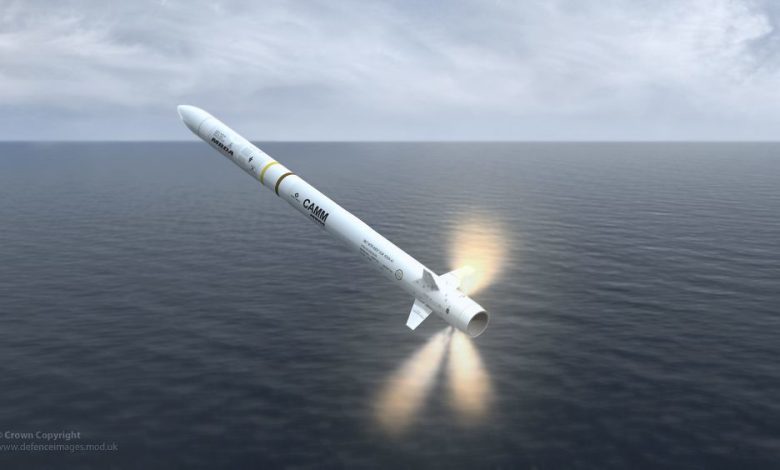
Senior defense officials of Japan, the United States and South Korea agreed Friday to step up efforts to realize real-time information sharing about North Korean missiles.
The agreement was reached in Washington a day after North Korea said it had test-fired a new solid-fuel intercontinental ballistic missile. The officials also said they discussed ways for their armed forces to resume trilateral drills to maintain peace and stability in the Indo-Pacific region in a “more effective manner.”
In the wake of a thaw in relations between Japan and South Korea, the three countries held a director-general level meeting for the first time in about three years.
“The three defense officials confirmed that each side would remain vigilant and enhance trilateral security cooperation to deter (the North Korean) nuclear and missile threats,” Kazuo Masuda, Japan’s director general for defense policy, and his U.S. and South Korean counterparts, Ely Ratner and Heo Tae Keun, said in a joint statement.
The United States currently has a system linked separately to Japan and South Korea for the detection of North Korean missiles, from launches to landings, but its Asian security allies do not have a mechanism to share such information immediately.
During the meeting, the officials said they also discussed the regularization of three-way missile defense and anti-submarine drills to deter and respond to North Korea, which, according to its official media, fired the Hwasong-18 ICBM propelled by a three-stage rocket system on Thursday.
South Korea recently informed Japan of the complete normalization of an intelligence-sharing pact between the two countries. But it does not allow them to exchange real-time information.
The General Security of Military Information Agreement, or GSOMIA, was on the brink of termination under the administration of President Yoon Suk Yeol’s predecessor, when bilateral ties deteriorated to their worst level in decades mainly due to historical issues.
Yoon and Japanese Prime Minister Fumio Kishida agreed in mid-March to move past a dispute over wartime conscripted labor to thaw icy bilateral ties.
The rapprochement has fueled expectations for stronger trilateral cooperation, with the United States expressing “full support” in the statement for the renewed commitment by Japan and South Korea to facilitate communication among defense authorities, especially in leveraging the GSOMIA.
Besides North Korea, the statement said the countries reaffirmed the importance of peace and stability across the Taiwan Strait, where China has been increasing its military activities, and the need to support Ukraine’s efforts to repel Russia’s invasion.


